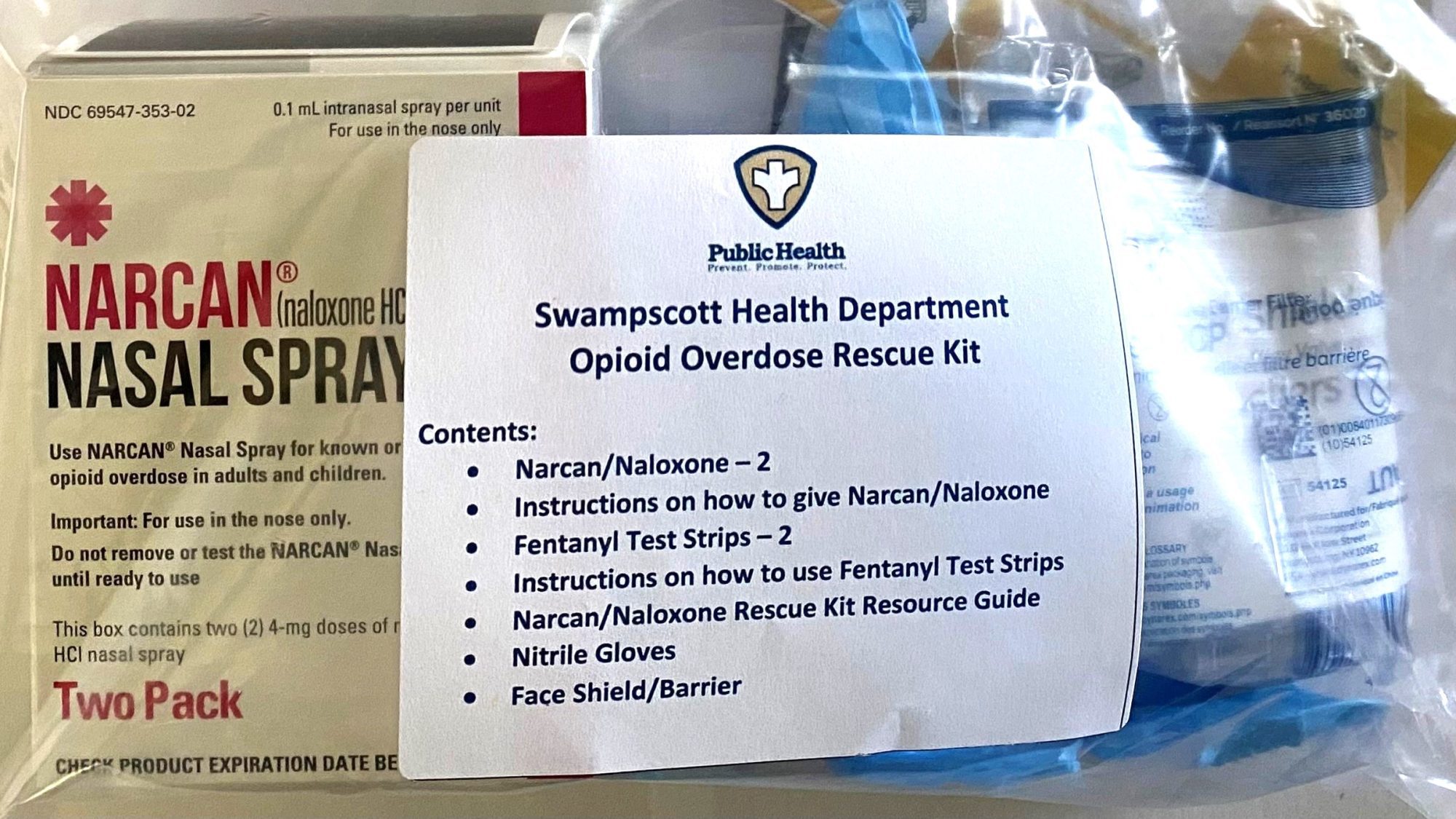

SWAMPSCOTT — The Health Department is seeking community members’ input in its effort to spend the town’s current $100,000 share of the Commonwealth’s opioid settlement funds.
Massachusetts reached settlement agreements with several pharmaceutical companies regarding their role in enabling the overdose epidemic in 2021. Until 2038, the Commonwealth will allocate 40% of these settlement funds to municipalities to fund a more robust opioid response, recovery, and prevention measures.
The Swampscott Health Department recently published a community-wide survey asking residents how they have been impacted by the opioid crisis and how they would like the town to spend its current and future opioid settlement funds.
According to the Health Department, Massachusetts expects to receive $1 billion as more settlements are concluded. State regulations limit municipalities’ spending of their settlement funds on projects such as opioid addiction treatment, care for those in treatment and recovery, connecting people to care, harm reduction, and opioid misuse prevention education.
Massachusetts cities and towns can also use their funds to support pregnant or parenting women and families impacted by the opioid crisis and address the needs of those who face legal troubles due to opioid addiction.
“The opioid overdose epidemic continues to affect individuals living with opioid use disorder and their loved ones, social service organizations, health providers, and our community as a whole. It is essential for community voices to guide the town’s response,” the Health Department wrote in its survey.
The survey is available online until Dec. 4. Paper copies are also available at Town Hall, Swampscott Public Library, and the Council on Aging Center.
After compiling the survey responses, the Health Department plans to hold a community idea exchange and form a working group to brainstorm the most effective ways to spend its funds.
“By completing this survey, you can provide critical insights into how Swampscott can best utilize our settlement money,” the Health Department wrote. “Our goal is to address disparities in existing opioid treatment/support services, improve the community’s response to the opioid overdose epidemic, and reduce the harms caused by stigma associated with opioid use disorder.”
24World Media does not take any responsibility of the information you see on this page. The content this page contains is from independent third-party content provider. If you have any concerns regarding the content, please free to write us here: contact@24worldmedia.com

Common Mistakes When Using Athletic Field Tarps

High-Performance Diesel Truck Upgrades You Should Consider

Warehouse Optimization Tips To Improve Performance

Fire Hazards in Daily Life: The Most Common Ignition Sources

Yellowstone’s Wolves: A Debate Over Their Role in the Park’s Ecosystem

Earth Day 2024: A Look at 3 Places Adapting Quickly to Fight Climate Change

Millions of Girls in Africa Will Miss HPV Shots After Merck Production Problem

This Lava Tube in Saudi Arabia Has Been a Human Refuge for 7,000 Years

Four Wild Ways to Save the Koala (That Just Might Work)

National Academy Asks Court to Strip Sackler Name From Endowment

Ways Industrial Copper Helps Energy Production

The Ins and Out of Industrial Conveyor Belts